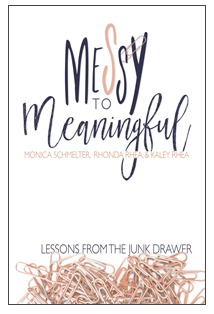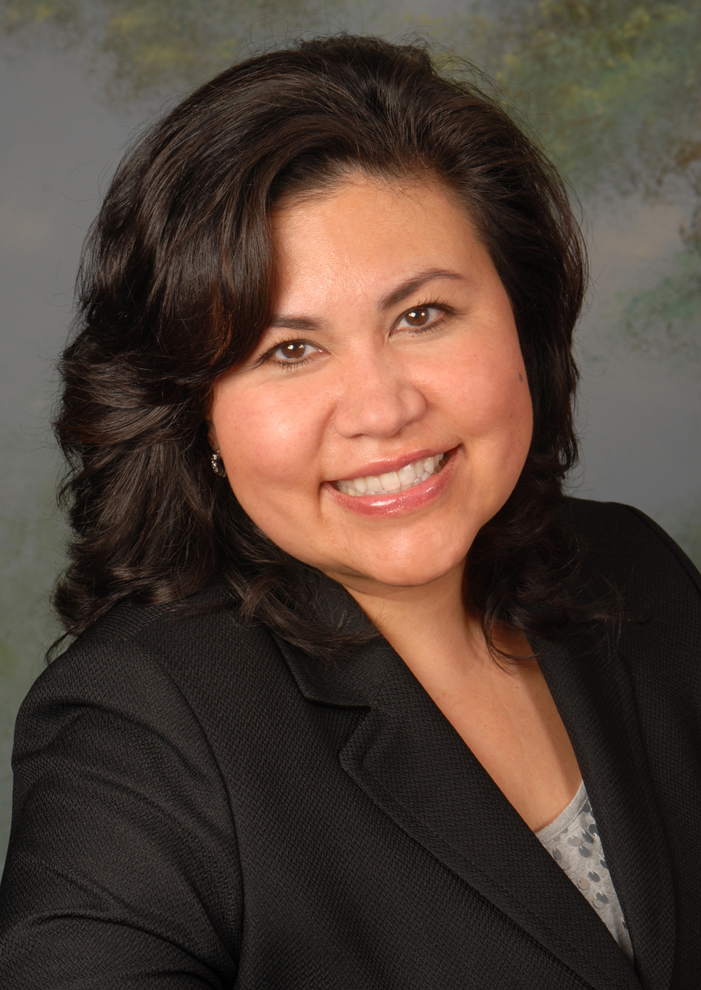An Exercise in Empathizing
In describing Kaley Rhea's writing, I use words like quirky, insightful and real. Most of all real! She speaks with authenticity, but also authority. In this Relationship UPGRADE, she calls us to biblical empathy—the art of listening well and responding with compassion.
"You’ve probably been here." Kaley says. "You’re sharing a personal struggle, trauma, crisis, or even triumph with someone, and that person looks at you and responds in that moment by saying the Worst Possible Thing™."
or even triumph with someone, and that person looks at you and responds in that moment by saying the Worst Possible Thing™."
The hard thing about this UPGRADE blog is I (Dawn) read each one first, and OUCH! The Lord got my number. I want to be a woman of wisdom, but that doesn't mean I have to jump in and give my two cents.
Kaley continues . . .
It’s so frustrating! Hurtful! It makes me mad!
Like, why would you even say that?
Can’t you step outside yourself for two seconds, understand my feelings, and treat me like I’m a valid human being? ::pant, pant::
You know what’s even more heartbreaking though?
The realization that I can be that person.
- The insensitive one.
- The clueless one.
- The selfish one.
- The one who doesn’t know what to say, and so—in her haste to say something—hears her own voice release the shameful and dreaded Worst Possible Thing™.
It’s so easy to point the finger at someone else’s lack of empathy and overlook my own.
Deceptively easy. Devastatingly easy.
But Jesus says in John 15:12, “This is my commandment, that you love one another as I have loved you.”
How does Jesus love us? He didn’t stay where He was. He came here. He lived a human life, went through human trials, felt pain and hunger and cold. Probably tasted bad food and got sore feet and annoying splinters and low blood sugar.
He put Himself in our place. Literally.
Yet I have occasions where I—in my ignorance and limited perspective—think myself justified in viewing someone else’s struggle/hurt/heartache/victory/passion within my own context and judging, dismissing or “solving” it.
Or sometimes I’m going about my day and I’m so focused on my circumstances, goals, to-do lists, whatevers that I forget that the people around me aren’t obstacles to get around. Or tools to be used to accomplish my stuff.
They’re whole people. Created by and loved of God.
If I brush off or shut down someone who’s come to share a trial or a triumph, I have at the very least missed out. More probably, I’ve sinned.
Galatians 6:2 reads, “Bear one another's burdens, and so fulfill the law of Christ.”
How, though? How can I do this?
Consider the following:
- LISTEN
That’s it. That’s my whole bulleted list.
That’s all I’ve got because, for me, that’s where I have to start. And it can be a difficult place to start.
Too many times, even when I’m listening to a friend or a co-worker or a family member or even a stranger, I listen wrong.
I’m less listening and more waiting for MY TURN to speak.
- I listen less for understanding their experience and more for making my own experience understood.
- I listen less to communicate love and more to “fix” them with my brilliant advice.
- I listen less for their sake and more for my own.
That isn’t empathizing.
That isn’t putting myself in their place, bearing their burden, feeling what they feel.
But wait! I tell myself. What about when they’re wrong? I don’t have to listen when they’re wrong, right? Surely?
Except, oh wait.
If I haven’t listened, acknowledged this person is a person, loved of God, dear to my heart, then I’m wrong, too. And anyway, if I haven’t listened to them, what kind of joke would it be to expect them to listen to me?
Like . . . a really not-funny joke.
Good thing there’s Jesus.
I’m reading these verses right now, and you are so invited.
"Since then we have a great high priest who has passed through the heavens, Jesus, the Son of God, let us hold fast our confession. For we do not have a high priest who is unable to sympathize with our weaknesses, but one who in every respect has been tempted as we are, yet without sin. Let us then with confidence draw near to the throne of grace, that we may receive mercy and find grace to help in time of need" (Hebrews 4:14-16).
"Blessed be the God and Father of our Lord Jesus Christ, the Father of mercies and God of all comfort, who comforts us in all our affliction, so that we may be able to comfort those who are in any affliction, with the comfort with which we ourselves are comforted by God" (2 Corinthians 1:3-4).
This is my prayer—is it yours?
Jesus, my sweet Savior,
I need Your strength to help me to be tender. Soften my heart and open my ears. Help me to listen and to love unselfishly, by Your great grace.
Thank You for being the ultimate example of empathy and the perfect, all-knowing Understander. Give me Your very un-me-like ability to delight in the people You’ve made, even when I don’t understand them the way You do. Convict me when I fail to rejoice with those who rejoice and weep with those who weep (Romans 12:15).
My heart is Yours. Make it more like Yours.
Amen!
Kaley Rhea is the St. Louis-area, author of the Christian romantic comedy Turtles in the Road
 (along with mom, bud, and writing partner Rhonda Rhea) and the soon-to-release non-fiction book Messy to Meaningful: Lessons From the Junk Drawer (co-written with Rhonda Rhea and Monica Schmelter)—coming this April.
(along with mom, bud, and writing partner Rhonda Rhea) and the soon-to-release non-fiction book Messy to Meaningful: Lessons From the Junk Drawer (co-written with Rhonda Rhea and Monica Schmelter)—coming this April.
 Post a Comment → Posted on
Post a Comment → Posted on  Tuesday, March 27, 2018 at 8:21AM
Tuesday, March 27, 2018 at 8:21AM  Compassion,
Compassion,  Empathazing,
Empathazing,  Empathetic Listening,
Empathetic Listening,  Empathy,
Empathy,  Kaley Rhea,
Kaley Rhea,  Listen,
Listen,  Listen Well,
Listen Well,  Listening,
Listening,  Upgrade with Dawn Upgrade Your Life
Upgrade with Dawn Upgrade Your Life  Relationships
Relationships 










